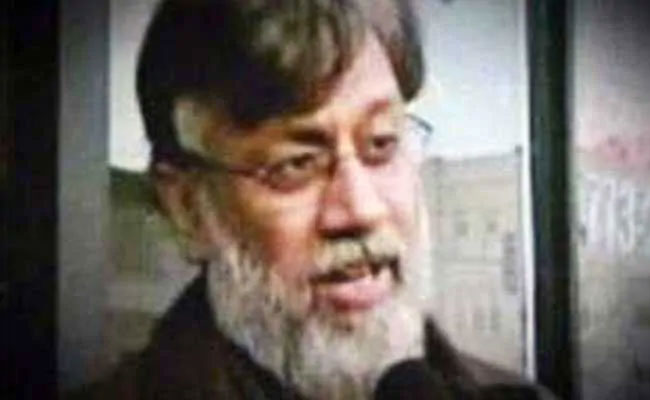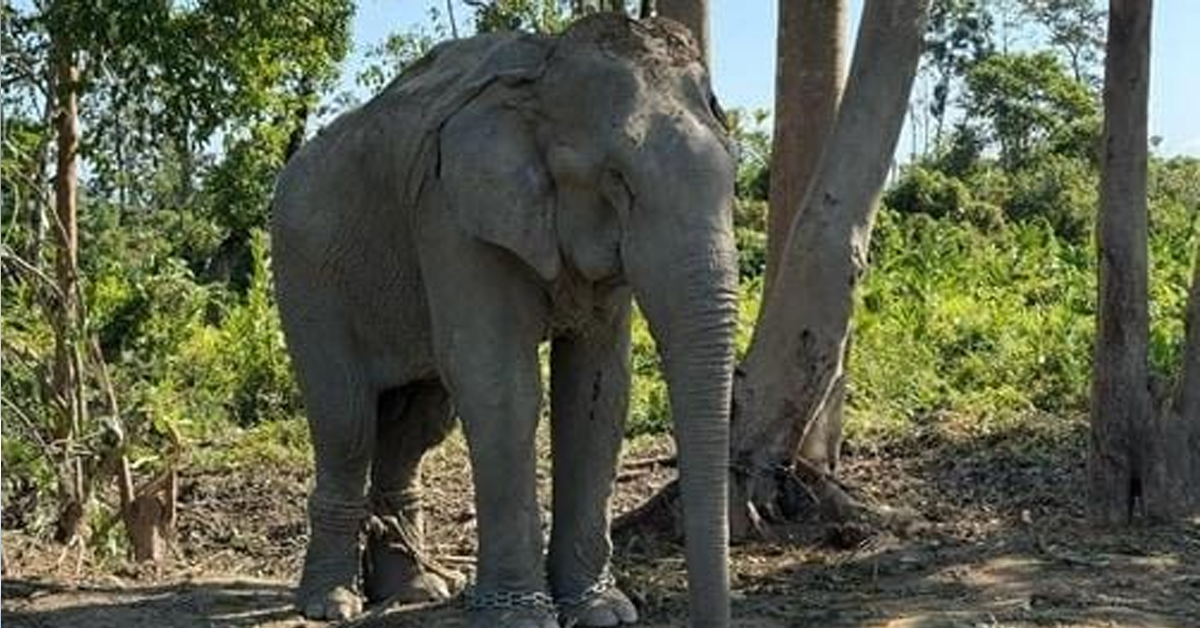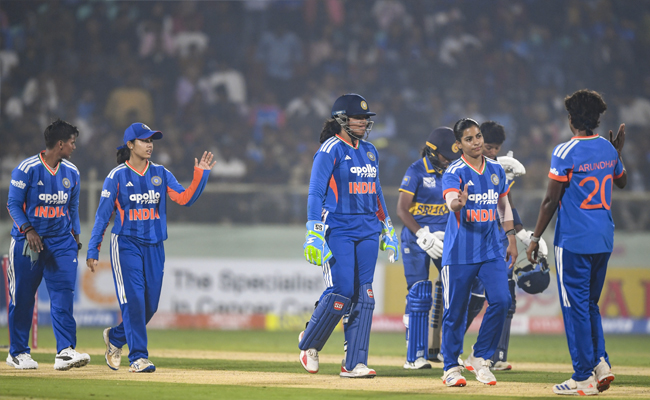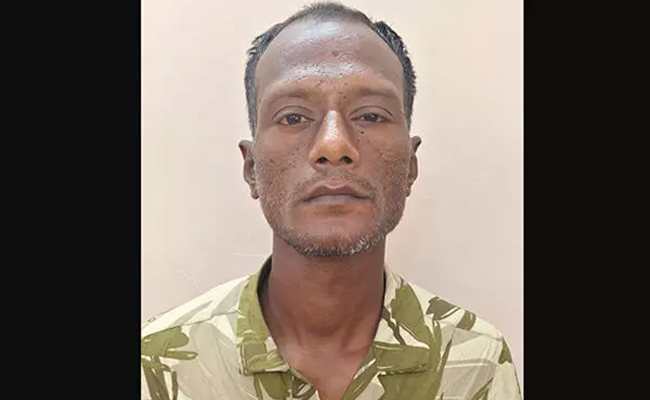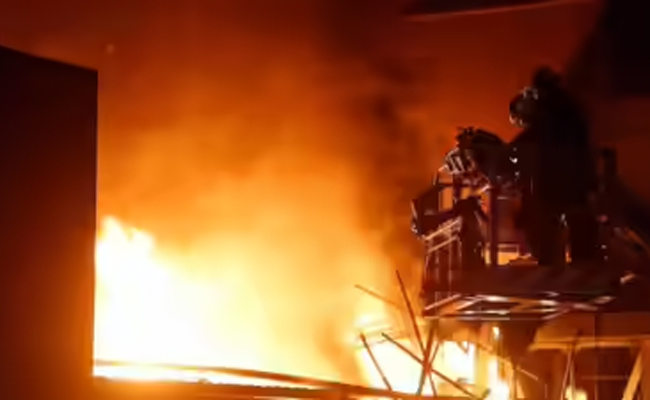Washington (PTI): A US court has denied the writ of habeas corpus filed by Pakistani-origin Canadian businessman Tahawwur Rana, paving the way for US Secretary of State Antony Blinken to issue a certification for him to be extradited to India where he is facing a trial for his alleged involvement in the 2008 Mumbai terror attacks.
"The court has denied Tahawwur Rana's petition for writ of habeas corpus by a separate order," Judge Dale S Fischer, United States District Judge, Central District of California, wrote in his order on August 10.
However, Rana has filed an appeal against the order and sought a stay on his extradition to India till the time his appeal in the Ninth Circuit Court is heard.
In June this year, Rana had filed "writ of habeas corpus" challenging a court order that acceded to the request of the US government that the 2008 Mumbai terror attacks accused be extradited to India.
Judge Fischer in his order said Rana has only made two basic arguments in the writ.
First, he claims that, pursuant to the treaty, he cannot be extradited because India plans to prosecute him for the same acts for which he was charged and acquitted in a United States court. Second, he argues that the government has not established that there is probable cause to believe that Rana committed the Indian offenses for which he is expected to stand trial, the judge said.
He denied both arguments of Rana.
"Given that, even if (David) Headley's testimony were the entire basis for the probable cause finding, it would be sufficient for the purposes of habeas review because it constitutes some competent evidence supporting the finding. For the reasons stated above, Rana's petition for a writ of habeas corpus is DENIED," the judge wrote.
Following Judge Fischer's order, Patrick Blegen and John D Cline, Rana's two attorneys filed an appeal to the United States Court of Appeals for the Ninth Circuit from the Order entered on August 10, 2023, for denying his petition for writ of habeas corpus.
In a separate appeal, Blegen has filed a petition "for a stay of extradition pending his appeal" to the United States Court of Appeals for the Ninth Circuit from the court's order denying his petition for a writ of habeas corpus.
"As set forth in the accompanying memorandum, petitioner submits that a stay of extradition pending appeal is appropriate because he has made a strong showing that he is likely to succeed on the merits of his non bis in idem claim; he will suffer irreparable harm if he is extradited, potentially including the death penalty; a stay pending appeal will not substantially injure the government; and the public interest favors a full review of Rana's non bis claim before he is sent to a country that seeks to execute him," Rana's attorney wrote on August 14.
In June, the Biden administration had urged the court to deny the writ of habeas corpus filed by Rana.
"The United States respectfully requests that the court deny Rana's petition for a writ of habeas corpus," said E Martin Estrada, US attorney for Central District of California, in his petition filed before the US District Court for the Central District of California.
In May, Rana had filed "writ of habeas corpus" challenging the court order, which acceded with the request of the US government that the 2008 Mumbai terror attacks accused be extradited to India.
Filing the writ of habeas corpus through his attorney, Rana challenged his extradition by the government of India.
Rana's extradition would violate the United States-India extradition treaty in two respects, his attorney argued.
First, Rana has been tried and acquitted in the United States District Court for the Northern District of Illinois for charges based on the identical conduct for which India seeks to prosecute him. He argued that extradition is, therefore, barred under Article 6(1) of the Treaty, which declares that "[e]extradition shall not be granted when the person sought has been convicted or acquitted in the Requested State for the offense for which extradition is requested."
Second, the material submitted by the GOI --consisting principally of transcripts and exhibits from Rana's trial in the Northern District of Illinois -- fail to establish probable cause that he committed the offenses for which India has charged him. The Indian government extradition request thus fails to satisfy Article 9.3(c) of the Treaty, the attorney said, adding the court should grant the writ of habeas corpus, deny extradition and order Rana's release.
However, the US government has said Rana be extradited to India.
In his submission to the US Court on June 23, the US attorney argued that Rana's claims about the legitimacy of his business in Mumbai fall flat. The evidence does not support Rana's assertion that the Mumbai office conducted legitimate business, but even if it did, the engagement of legitimate business activities does not preclude a finding that Rana's business also served as a cover for Headley's terrorism-related activities in Mumbai.
"Rana's claims about who funded the Mumbai office also do not relate to whether Rana lacked knowledge of and support for Headley's activities. Similarly, even if Rana hoped to continue business operations in Mumbai, the evidence reveals that neither Rana nor Headley renewed the business lease that expired approximately two weeks before the start of the Mumbai attacks," Estrada argued.
He said the fact that Rana received a warning before the attacks does not preclude a finding of probable cause.
"In the fall of 2008, when Headley learnt that Rana was going to travel to China and India, he decided to warn Rana that an attack may be forthcoming through a co-conspirator," Estrada said.
"While the details of the conversation between Rana and the co-conspirator are unknown, a September 7, 2009, FBI intercept reveals that Rana told Headley that their co-conspirator had warned him (Rana) that the Mumbai attacks were imminent. Contrary to Rana's claim, the co-conspirator's warning does not suggest that he was unaware of the upcoming attacks," the US attorney argued.
Instead, it merely suggests that Rana was not aware of the date of the attack, which is consistent with the fact that Headley had informed Rana earlier that the attack plans were being delayed, he said.
Estrada said RANA's claim that he did not review Headley's visa application is unsupported by the evidence. "Rana does not dispute that Headley's visa applications contain false information; rather, he claims that it is "unlikely that [he] checked [the applications] for accuracy" because he would have corrected a statement indicating that Headley worked for "First World Immigration," instead of "Immigrant Law Center."
"While "Immigration Law Center" is a "DBA for Raymond J. Sanders," RANA's business partner, that business and "First World Immigration" shared the same address and telephone number. Significantly, India issued Headley a business visa, even though he wrote "First World Immigration" on his 2006 visa application and the accompanying support letter from Mr. Sanders referred to the employing entity as "Immigration Law Center." Thus, Rana's claim does not undermine probable cause and is not persuasive," the US attorney said.
Let the Truth be known. If you read VB and like VB, please be a VB Supporter and Help us deliver the Truth to one and all.
Pilibhit (PTI): A 19-day-old elephant calf, brought from Bijnor, was placed under care at the Pilibhit Tiger Reserve (PTR) on Sunday, an official said and added that the calf got separated from its mother in the forest area of Bijnor.
The calf was born on December 2 in the Bijnor forest area and got separated from its mother shortly after birth, the official said.
The forest department made several attempts to reunite it with its mother, but without any success. To ensure the calf's safety and better care, it was decided to transfer it to the Pilibhit Tiger Reserve on the instructions of senior officials.
On Saturday, Deputy Director Manish Singh received the calf. Special arrangements have been made in the reserve for its care. It has been kept in a safe and clean environment to provide it with a natural setting and protect it from external noise and disturbances.
Singh told reporters that raising an 19-day-old calf is challenging.
It requires a special diet as a substitute for mother's milk and constant monitoring.
He said a special team has been formed to provide 24-hour care. Since the calf is very young, it is being cared for like a newborn baby.
According to Singh, the primary responsibility for monitoring the calf's health has been entrusted to PTR's veterinarian, Dr Daksh Gangwar. Under his supervision, a complete record of the calf's health checkups, diet, and body temperature is being maintained. The team is ensuring that the calf does not contract any infection.

